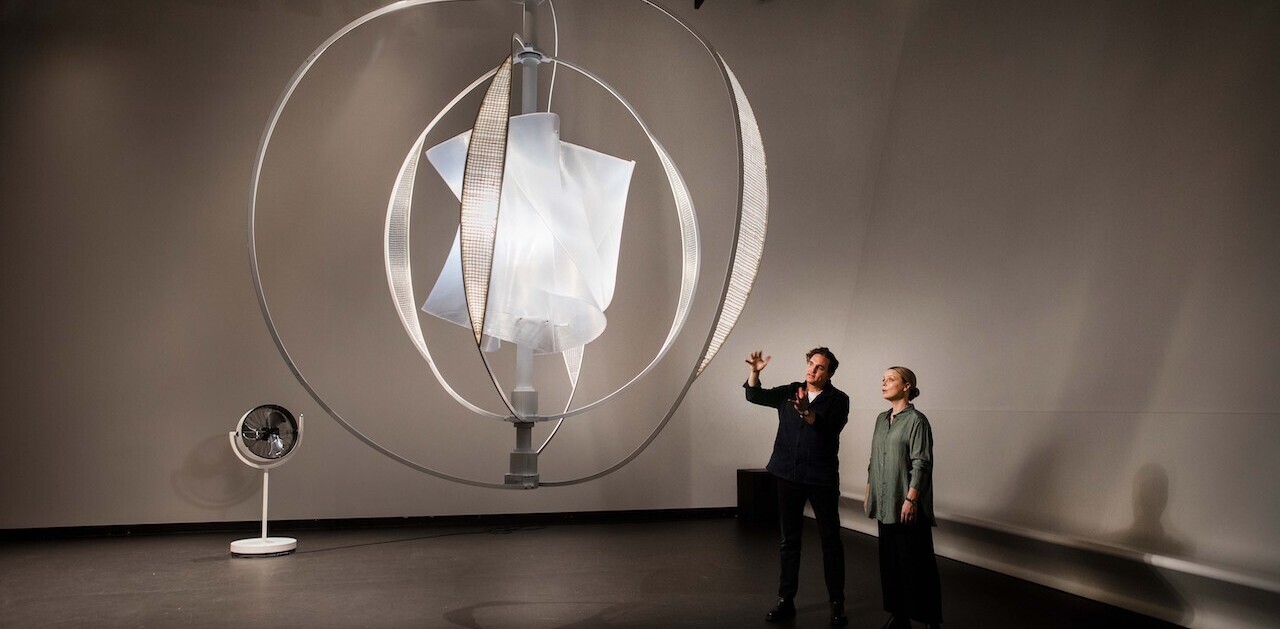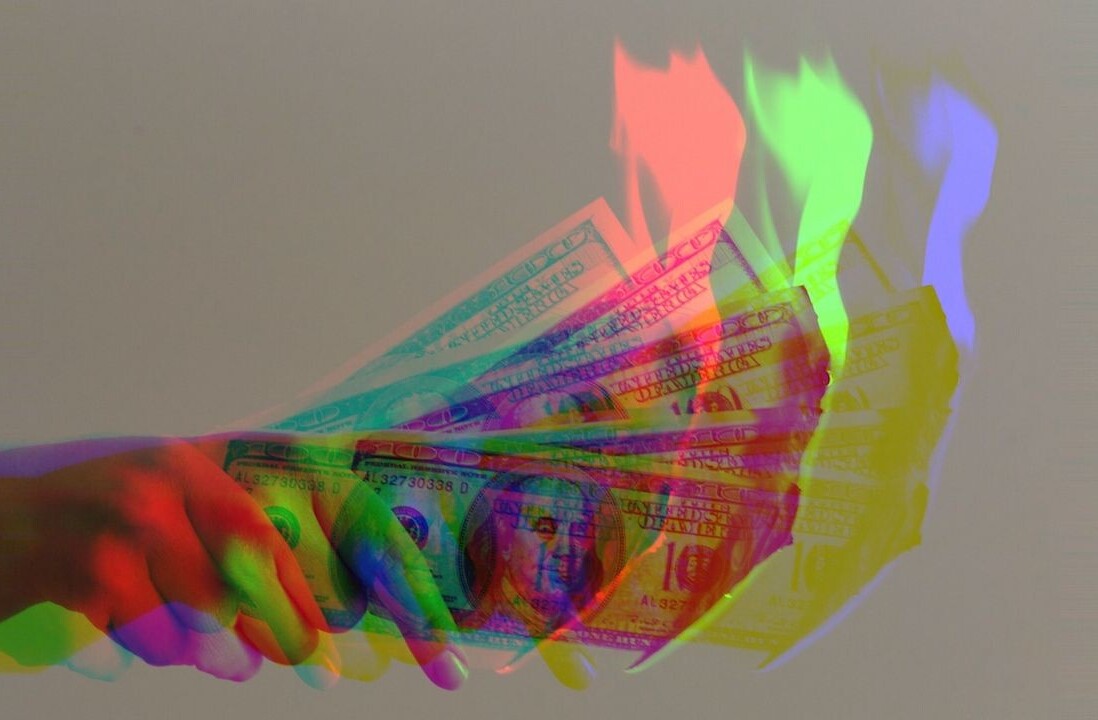Colorization, or the process of adding color to monochrome photographs, is both art and science because it usually requires you to extrapolate hues for skin tone, clothing and physical objects. It also requires precision and practice to achieve good results. Now, newly trained neural networks are here to make it as easy as selecting colors from a palette.
While previous efforts to automatically colorize photos have achieved some degree of success, they’re far from perfect – including this one called Algorithmia which can colorize pictures on demand (visit this page to try it with any photo).
A group of researchers from UC Berkeley, which happens to include the folks who built Algorithmia, has come up with a way to use neural networks to colorize photos with assistance from humans in picking hues for specific areas and objects in photos – leading to better and more customizable results, especially with complex images that feature numerous distinct objects.
The new system only requires you to select colors that you want the system to assign to objects in the image, and it’ll take care of the rest. According to the researchers, people who had no prior training and spent just one minute per image were able to fool human judges into thinking the colorized results were original color photos.
The team hopes to eventually turn its system into a product that can be packaged in image manipulation software. You can find the research paper – which will be presented at SIGGRAPH 2017 this month – over on this page, and download the tool to try it for yourself from this GitHub repository.
Via Phys.org
Get the TNW newsletter
Get the most important tech news in your inbox each week.






